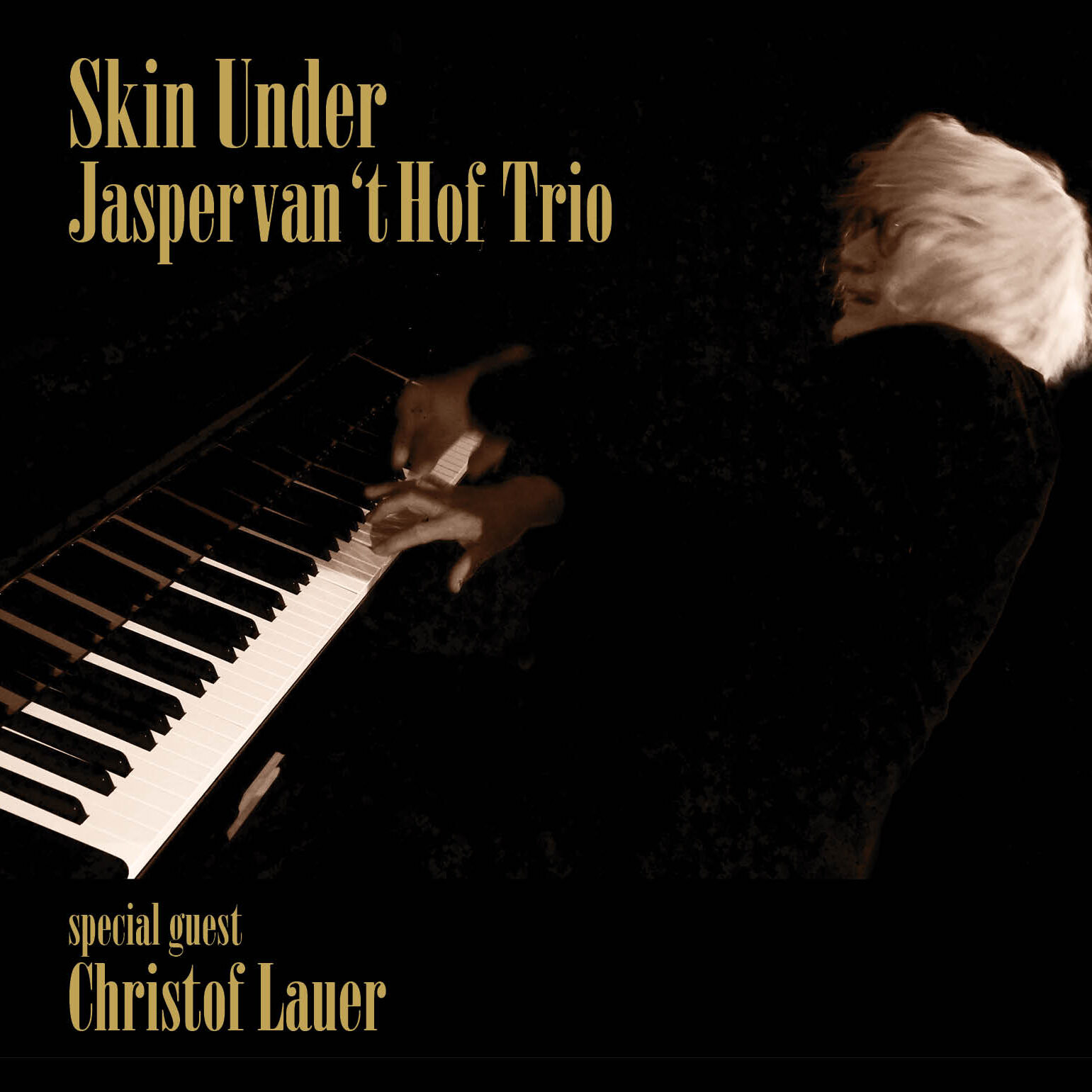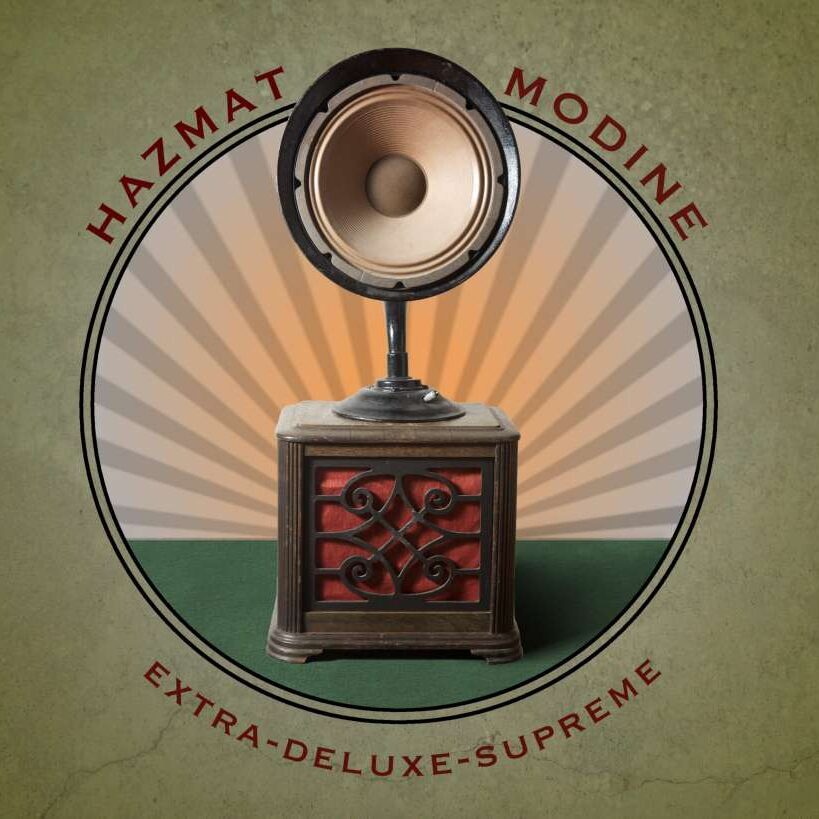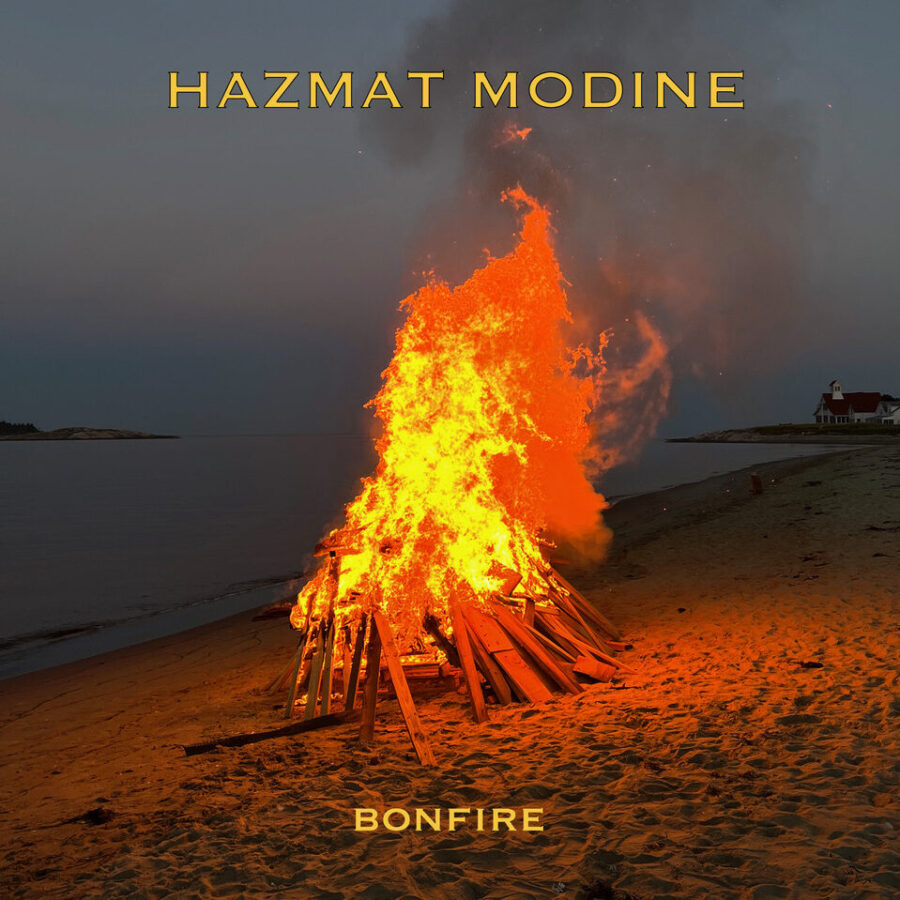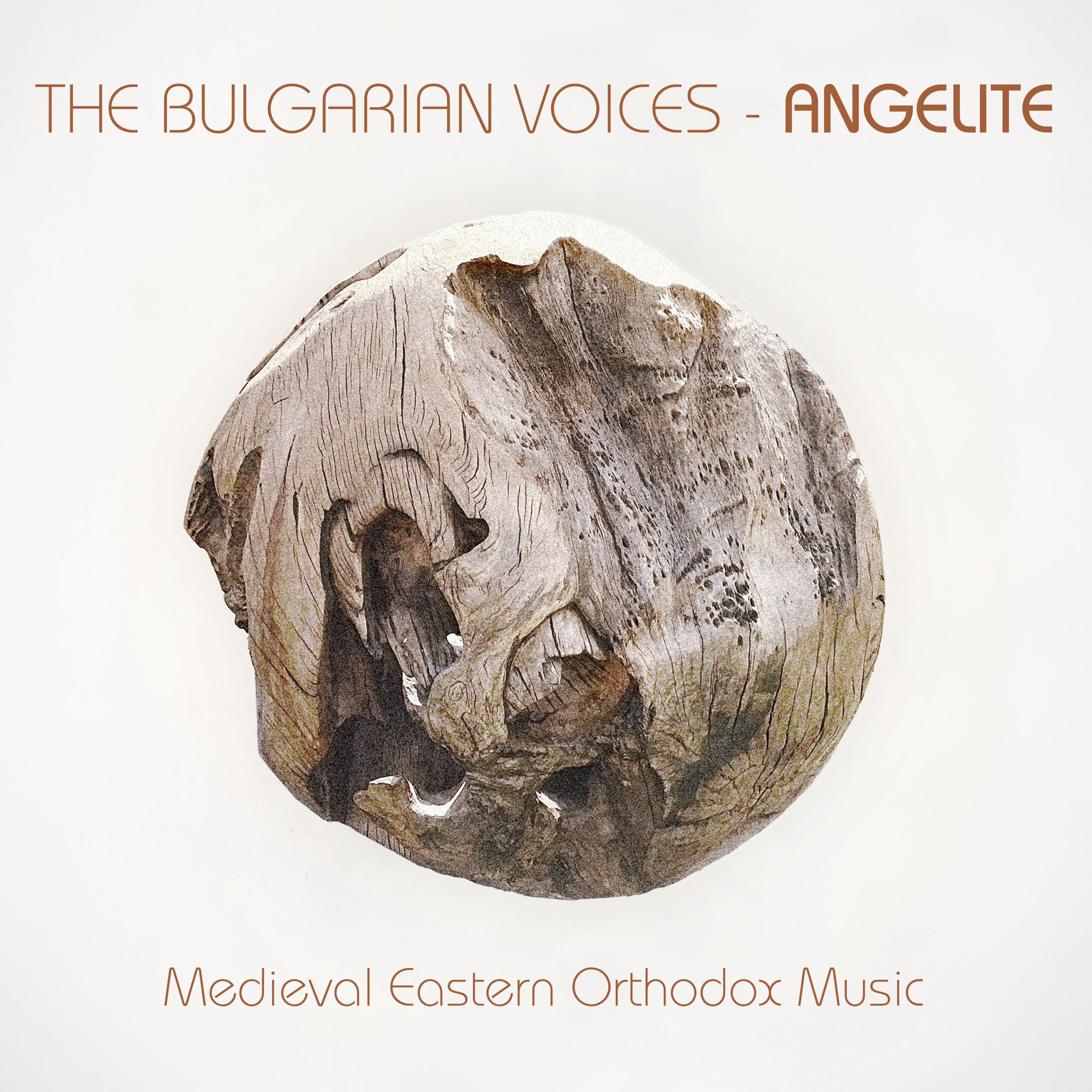Fly Fly My Sadness
19,00 €
This album is a unique collaboration of the Bulgarian Voices Angelite with Huun-Huur-Tu and Sergey Starostin & Mikhail Alperin (Moscow Art Trio).
This album Fly Fly My Sadness features the Bulgarian Voices ANGELITE, Huun-Huur-Tu, Sergey Starostin & Mikhail Alperin. The arrangements are by Mikhail Alperin. Heartbeats are united in this project. On the basis of traditional music from Tuva, Bulgaria and Russia a unique work of entrancingly harmonious unity has been created. For the first time these diverse cultures, music and singing styles have met. Huun-Huur-Tu’s mystical age-old forms of overtone and throat-singing mix with Angelite’s hypnotising vocal techniques and Sergey Starostin’s traditional Russian singing.
FLY, FLY MY SADNESS
“The story of this project has its own tiny prelude, to my mind a rather mysterious one, which I would like to share: Some time (roughly?) about a year ago, I developed some kind of vision of a family where the father would be from Tuva, the mother Bulgarian, the daughter a Russian, and the son Jewish. The very idea might have been nothing more than a funny whim, but then, all of a sudden, I pictured this family as a musical one, not consisting of professional musicians, but a family where…
Then I didn’t get any further with my vison. Instead, I startet collecting musical material and writing scores for some non-existing future project. These, then, would be the ingredients of the salad to come: The Bulgarian Women’s Choir – “the mother”, overtone singers from Tuva – “the father”, The Moscow Art Trio, with the Russian soul of Sergei Starostin and my own Jewish melancholy, plus a blues singer of some category or other – the children of the peoples of the world. Luckily, at the time I wasn’t about to think of it as a concrete, pre-programmed plan. I was just playing with the idea. That family, however, started to live its own more specific life, even if only on paper.
Having spent a week writing out some of the compositions I realized that all of this was just a dream and as dreams have a tendency to dissolve and create disillution I figured I would have to come to terms with that. In my embittered mind, dream and reality seemed to collide head on, until one day the producer, Uli Balss, of JARO, Germany, phoned me unexpec- tedly to suggest that we work on two disks with my Moscow Art Trio and subsequently the “Bulgarian-Tuvan project” of which we had been dreaming, not he, strange as it may seem.
Needless to say, I immediatly hurled myself at the task. Some dreams do come true. But in any family problems arose, and some specific ones did show up in “mine”. During recording sessions for my disk, Prayer (with members of a Russian folklore choir – JARO 4193-2) one of the Russian female singers suddenly stopped singing and left the studio as a sign of protest against what she held to be a too radical treatment of folkloristic material. Thus, I knew from that experience that the Bulgarian- Tuvan project would require lengthy and emotionally demanding explana- tions on the phone of concepts unfamiliar to the various participants.
And even when the choir finally got their scores, work wasn’t necessarily made easier. Unexplored musical ideas kept knocking especially forcefully on the door of the “mothers”, who generally tend to prefer what is familiar. The “fathers” in far-away Tuva smoked their tobacco and sipped their vodka, shaking their heads in astonished patience, whereas their Russian “son”, following his people’s tradition, preferred not to brood too much about the future.
Now, a few words about the project itself – about the music you’ll hear on this disk. For a long time I had been studying the common denominator of meditative structures in various folkloristic forms of expression, for instance the Russian tradition of lengthy songs with their characteristically brooding melancholy. Actually, a similar mood might be found in Tuvan songs of the steppe, and is also reflected in the the musical landscape of folk songs from the Radopi region in Bulgaria, as well as in many Jewish songs, filled as they are with that very same stillness and affection. That’s why, in the beginning, I named the project “Meditation” as a working title – in an attempt to stay away from any “modernization” of folk song themes, but instead unite different folkloristic sources in the vision of a bird’s flight.
Should I try to capture in words the essence of what I have tried to do here, I would do so in terms of a small scene that got stuck in my mind: I remember en elderly couple dressed in black on a small island in Greece. They were looking out across the sea, into the distance, motionless, and time stood still.
I liked the way our experiment ended. During rehearsals, singers who had never seen each other before and were at first glance utterly remote from each other as far as cultural roots are concerned, began suddenly and spontaneously to perform their forefathers’ songs for their “alien” collea- ges, as though discovering this possibility for themselves right then and there.
Each began to pick up intonations, modes, and moods of songs stemming from seemingly infinitely distant areas. The family were coming together, getting to know each other as though after centuries of separation. That in itself was enough for me to be satisfied with the final product.” Mikhail Alperin
[/tab][tab title=”Press”]“The soaring, strident heights of Bulgarian song and the creaking depths of the Tuvan throat couldn’t be more different – but when they joined, it was amazing – redemptive, divine.” Music Express (1997)
“Alperin deserves gratitude for putting these riches together so well.” Los Angeles Times (1998)
“[…]In opinion this project shoul continuie his work. It is a big beautiful occurrence and I’d like to work together with the project in future.” (Stevie Wonder in the wardrobe after the concert on 6.12.1997 in Los Angeles)
[/tab][tab title=”The Artists”]THE BULGARIAN VOICES ANGELITE
Tzetza Bekova, Ekaterina Bogdanova, Kera Bogdanova, Tatiana Doupa- rinova, Tonia Iankova, Nadejda Illieva, Kostadinka Inkova, Sonia Iovkova, Nadejda Karporova, Krastina Krasteva, StaimenkaOutchikova-Nedialkova, Youlia Peneva, Nekla Petkova, Kostadinka Ratzova, Elka Simeonova, Tania Tzambova, Petia Tzvetanova, Tania Velitchkova, Nadia Vladimirova.
Conductor: Nikolai Merdjanow.
HUUN-HUUR-TU
Kaigal-ool Khovalyg (Vocals, igil, toschpulur, tschansy)
Anatoly Kuular (Vocals, byzaanchi, khomuz, amarga)
Sayan Bapa (Vocals, doshpuluur, marinhuur, guitar)
MOSCOW ART TRIO
Mikhail Alperin (Grand-piano, melodica, voice, cowbells)
Sergey Starostin (Vocals, clarinet, folk reeds)
Musical director: Mikhail Alperin
[/tab][/tabs]



